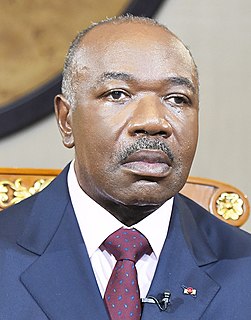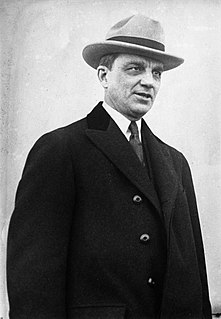A Quote by Daniel Altman
Pretty soon, we should see a few large regional blocs dominating global trade. The ones that lower trade barriers faster will grow faster...
Related Quotes
We wake up to find the whole world building competitive trade barriers, just as we found it a few years ago building competitive armaments. We are trying to reduce armaments to preserve the world's solvency. We shall have to reduce competitive trade barriers to preserve the world's sanity. As between the two, trade barriers are more destructive than armaments and more threatening to the peace of the world.
[Barack] Obama, for example, he has not given up on cap-and-trade. Now, he has not been able to pass cap-and-trade, but cap-and-trade is all about redistribution of wealth in a global basis - taking money out of this country and giving it to third-world countries on the other end of the ocean. And that is redistribution of wealth in a global basis. It's fundamental Marxism.
What Donald Trump has been concerned about, what he`s talked about, is when we get deals that don`t level the playing field, when we get deals that aren`t the kinds of best deals we can get, we want good deals, and those are free trade deals to lower the barriers between trade between two countries.































